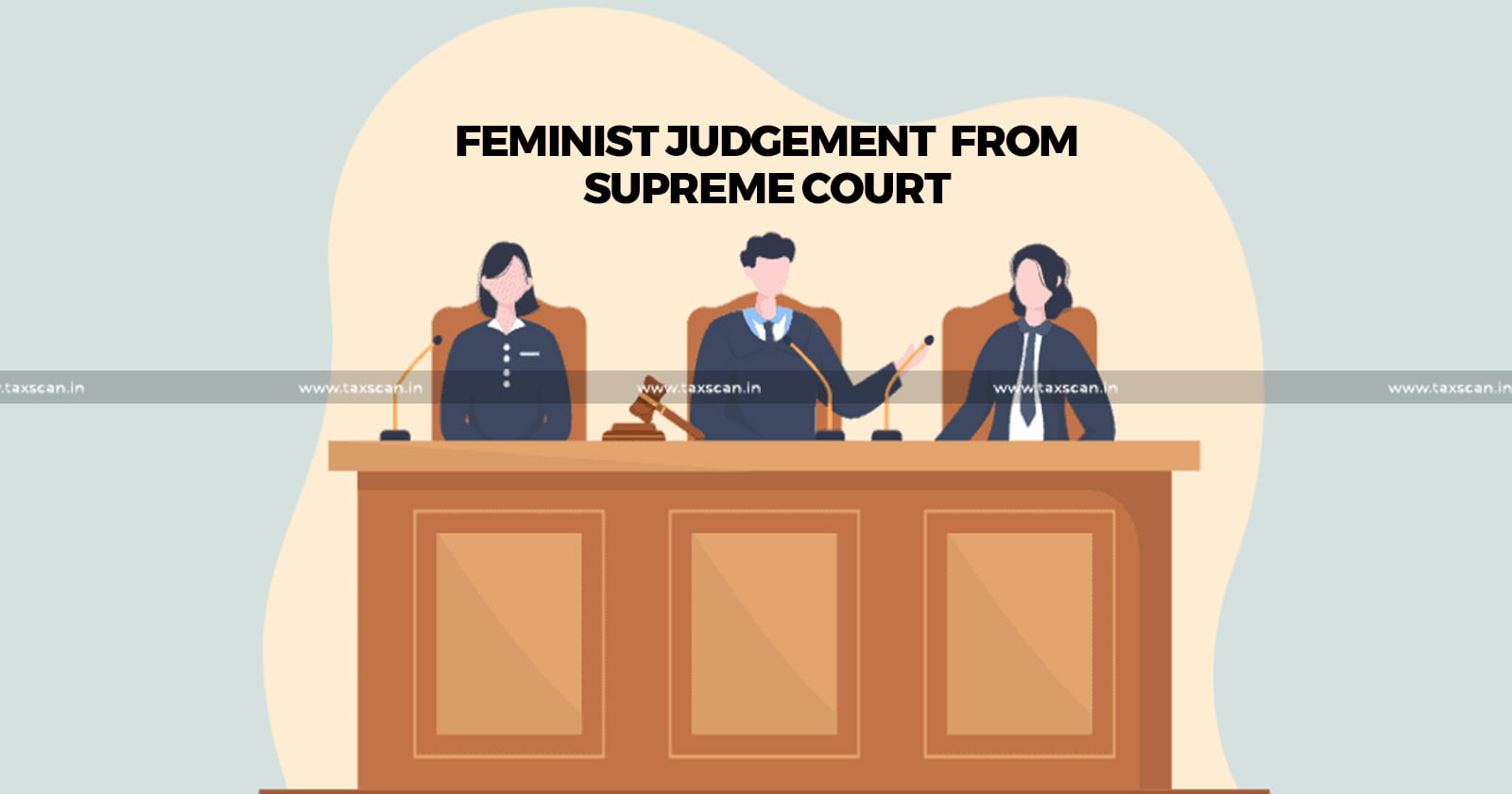Feminist Judgement from Supreme Court: “Individual” u/s 10(26AAA) of Income Tax Act includes both Men and Women,Excluding Married Women is “Discriminatory”

In a ruling striking down a part of section 10(26AAA) of Income Tax Act, 1961, the Supreme Court has held that denial of income tax exemption for “married Sikkimees women” is discriminatory as the provision states that the benefit shall be given to all individuals including both men and women.
“The expression “individual” in the Explanation would exclude Sikkimese women. In my view, the proviso cannot be construed to be an exception to the Explanation which is in the nature of a definition clause as it would be inherently discriminatory to do so,” Justice B.V. Nagarathna said.
The Court held that the expression “an individual” in the Explanation to Section 10 (26AAA) of the I.T. Act, 1961, must include all genders including Sikkimese women.
“There cannot be a discrimination only on the ground of sex and race. Hence, all Sikkimese women are entitled to the benefit of Section 10 (26AAA) of the I.T. Act, 1961, as per the Explanation thereto irrespective of whether they marry a Sikkimese or a non-Sikkimese,” the Court said.
“The normal function of a proviso is to except something out of the provision or to qualify something enacted therein which, but for the proviso, would be within the purview of the provision. As a general rule, a proviso is added to an enactment to qualify or create an exception to what is in the enactment and ordinarily, a proviso is not interpreted as stating a general rule. In other words, a proviso qualifies the generality of the main enactment by providing an exception and taking out as it were, from the main enactment, a portion which, but for the proviso would fall within the main provision. Further, a proviso cannot be construed as nullifying the provision or as taking away completely a right conferred by the enactment. If it does so and is discriminatory then it falls foul of the equality clauses of the Constitution of India,” the Apex Court added.
To Read the full text of the Order CLICK HERE
Support our journalism by subscribing to TaxscanAdFree. Follow us on Telegram for quick updates.
Association of Old Settlers of Sikkim and Ors vs Union of India and Anr , 2023 TAXSCAN (SC) 107

